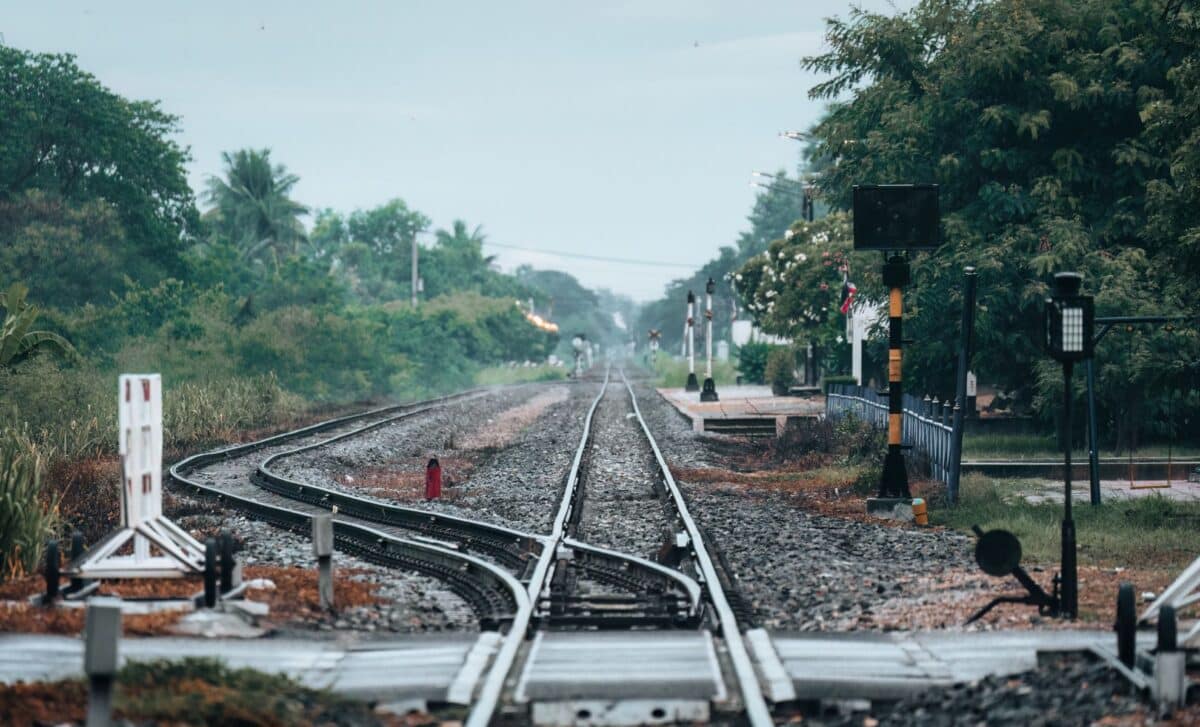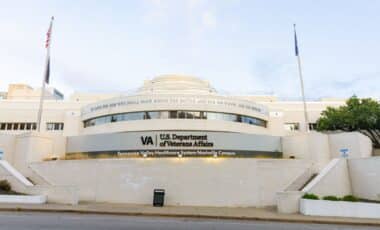New Jersey’s commuter rail system came to a sudden halt early Friday morning as 450 unionized locomotive engineers began a strike over wage disputes. The stoppage marks the first mass transit strike in the state in more than four decades, affecting an estimated 350,000 daily passengers in the New Jersey and New York City metropolitan area.
This strike highlights ongoing tensions between frontline transit workers demanding higher pay and management facing financial constraints. The walkout threatens to complicate travel for many, underscoring the challenges public transit systems face balancing fair labour agreements with operational budgets.
Strike Brings Widespread Disruption to NJ Transit Rail Service
The Brotherhood of Locomotive Engineers and Trainmen initiated the strike at 12:01 a.m. after contract negotiations with NJ Transit stalled during a marathon 15-hour bargaining session, according to union representatives.
The walkout effectively shut down the entire NJ Transit rail network, which is the nation’s third-largest commuter rail system, serving key routes connecting New Jersey to New York City’s Penn Station and Newark Airport.
NJ Transit’s CEO Kris Kolluri and New Jersey Governor Philip Murphy expressed a willingness to return to negotiations but stressed the need for a deal that is fair to employees while remaining fiscally responsible for taxpayers and riders.
According to Mr Kolluri, management had presented what they believed was an “imminently workable” offer, but talks ended abruptly when negotiators walked out. Governor Murphy noted the agency’s offer “would have given their members almost exactly what they asked for,” highlighting the complexities of reaching a final agreement.
The strike immediately disrupted the morning commute, forcing many passengers to seek alternative transport or work remotely. NJ Transit advised commuters whose presence was not essential at their workplaces to work from home during the strike.
The agency continued to operate its statewide bus service but warned that additional chartered buses, scheduled to begin running on Monday, would only accommodate around 20% of displaced train riders.
Financial and Labour Tensions Underpinning the Dispute
Wages have been the core issue dividing the parties. The union seeks salary adjustments to align NJ Transit engineers’ pay with other regional commuter railroads, aiming for an average annual wage of approximately $170,000, according to union claims.
NJ Transit disputes this figure, stating that engineers’ average total earnings are around $135,000, with some making more than $200,000.
The agency faces the challenge that granting the proposed pay increases could trigger similar demands from 14 other unions representing different transit workers, creating an unsustainable financial burden. According to Mr Kolluri, “any deal we reach would have to be fair to our engineers and fiscally responsible without burdening our riders or taxpayers.”
The strike also prompted cancellations of transport to major local events, including two nights of concerts by Shakira at MetLife Stadium. Picket lines are active at key locations such as Penn Station in New York, NJ Transit headquarters in Newark, and the Atlantic City rail terminal.
With federal mediators involved and talks suggested to resume soon, the strike’s duration remains uncertain. For now, commuters face significant disruption as the state navigates this critical labour impasse.









